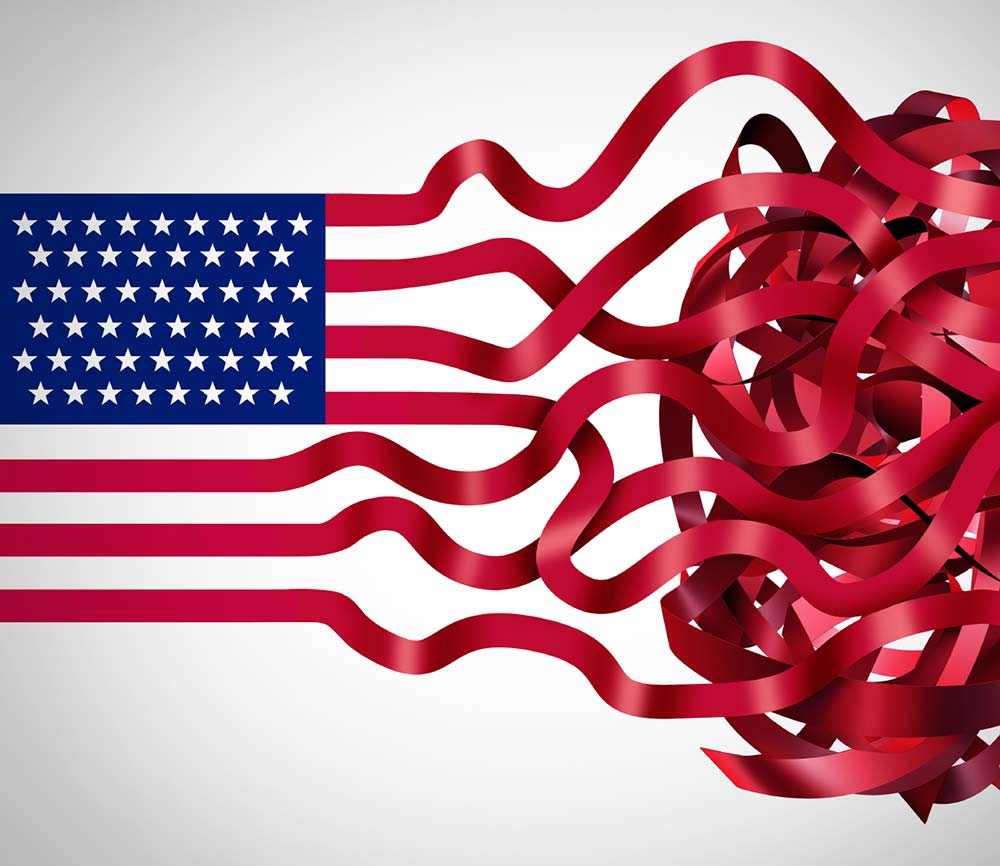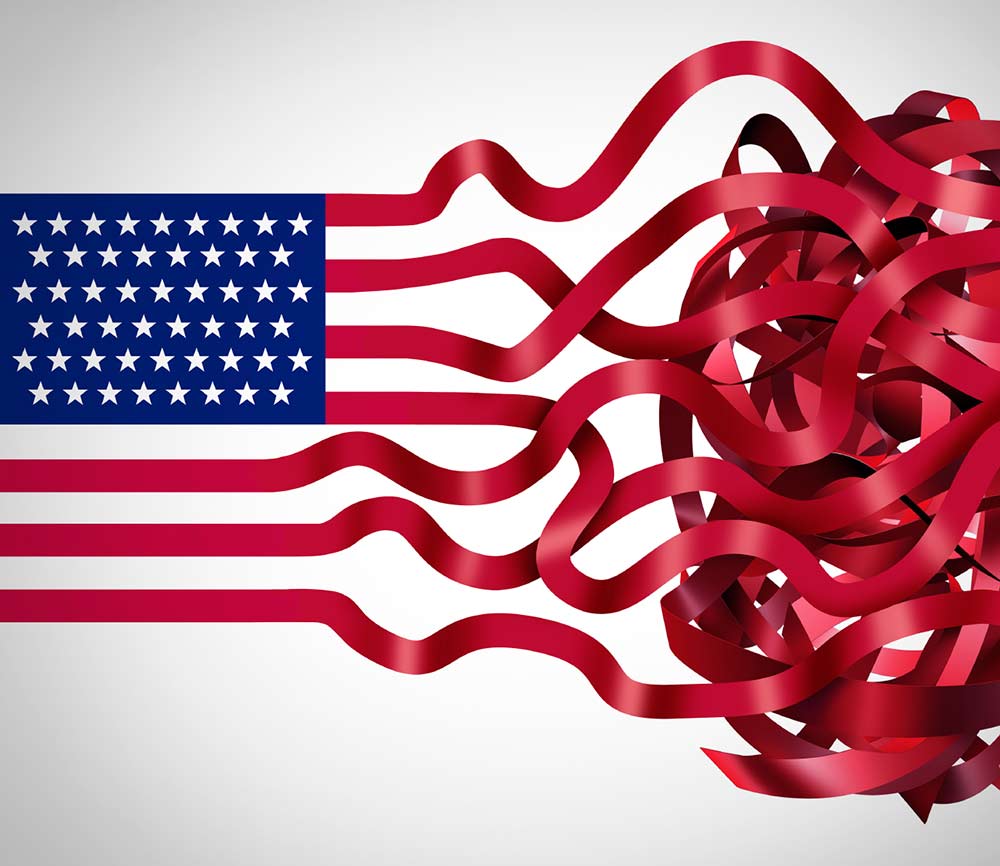
The Office of the U.S. Trade Representative released its National Trade Estimate Report on Foreign Trade Barriers earlier this month, outlining trade issues which are unresolved and deemed detrimental to U.S. companies and interests.
“The United States has observed a growing trend among our trading partners to impose localization barriers to trade – measures designed to protect, favor, or stimulate domestic industries, service providers, or intellectual property at the expense of imported goods, services, or foreign-owned or developed intellectual property,” the report said in the introduction.
These actions can distort trade, discourage foreign direct investment, and encourage other trading partners to impose similar measures, the USTR report warned.
Diary and liquor restrictions still a problem
Canada is one of the U.S.’ most important trade partner, accounting for $312.1 billion in U.S. exports. The U.S. imported $346.1 billion worth of Canadian goods in 2014.
However, agricultural barriers still remain, including restrictions on the export of U.S. seeds, as well as the Canadian regulations for cheese compositions.
Tariff-rate quotas, particularly in the dairy sector, impose high duties on U.S. goods which exceed yearly tariffs.
The U.S. also sees the Canadian liquor sale system – where each province is in charge of all liquor sold – as a problem for U.S. exporters, as this system results in cost-of-service markups and restrictions on what provinces decide they will sell.
Problems also remain with Canada’s government procurement, in that the U.S. feels American firms are not fully able to compete for government service contracts.
TTIP may take down barriers but issues remain in trade with EU
With the European Union, the U.S. is actively trying to overcome existing trade barriers through the negotiation of the Transatlantic Trade and Investment Partnership (TTIP). These trade barriers exist in several sectors, from automobiles to agriculture to pharmaceuticals.
The U.S. maintains that its transport trucks are at a commercial disadvantage because of differences in how the EU and the U.S. measure the length of their vehicles (the EU measures tractors from the front bumper to the rear, while the U.S. measures trucks on the trailer alone).
The U.S. maintains that due to EU restrictions on the length of truck-trailer combos, U.S. trucks are only able to pull shorter semi-trailers, which makes these trucks uncompetitive in the EU market.
Food labeling is another area of contention.
The EU will force food companies to display nutrition labeling on all products starting in December 2016, but have yet to finalize these requirements.
Additionally, member states have been given significant leeway to set their own requirements, which the U.S. government contends will add to the cost of selling in these markets.
The U.S. is also unhappy with the lack of transparency and uncertain legislation of EU member states in regards to pharmaceutical products. The USTR has further issues with lack of consideration in government procurement contracts across the trading bloc.
China remains unpredictable
Of all of the U.S.’ major trading partners, it has by far the longest laundry list of issues with China, its third-largest export market.
China still blocks exports of American beef, and has maintained restrictions on exports from several U.S. states over the export of poultry, due to prior concerns about avian flu.
The USTR is also unhappy with the Chinese government’s lengthy approval process for agricultural products derived from biotechnology, notably corn and dried distillers’ grains.
China’s excess capacity, particularly in steel, is also damaging the U.S. economy, the USTR said. China’s steel overproduction has wrought havoc on worldwide steel operations, depressing prices and making it nearly impossible for foreign and American steelmakers to recoup their costs and turn a profit on the metal.
The U.S. is also concerned by the nature of China’s agricultural regulations, which the report terms as among the least transparent and most unpredictable in the world market. The report stated:
Capricious practices by Chinese customs and quarantine agencies delay or halt shipments of agricultural products to China.
The majority of difficulties lie with China’s failure to abide by intellectual property restrictions, such as the protection of trade secrets, pirating of technological goods, and copying of manufacturing goods.
Thefts of trade secrets are “commonplace,” the report said, with both the Chinese government and military successfully hacking into computers of U.S. firms and stealing terabytes of information.
Software piracy remains a major issue, while the online piracy of movies, books, and games continues unabated.
Counterfeiting of goods – from designer handbags to medications – is also an issue that has yet to be resolved, the report stated.








disqus comments